Western media have raised speculation that Israel is targeting possible retaliatory attacks in Iran, despite Tehran stepping up diplomatic efforts to prevent this risk.
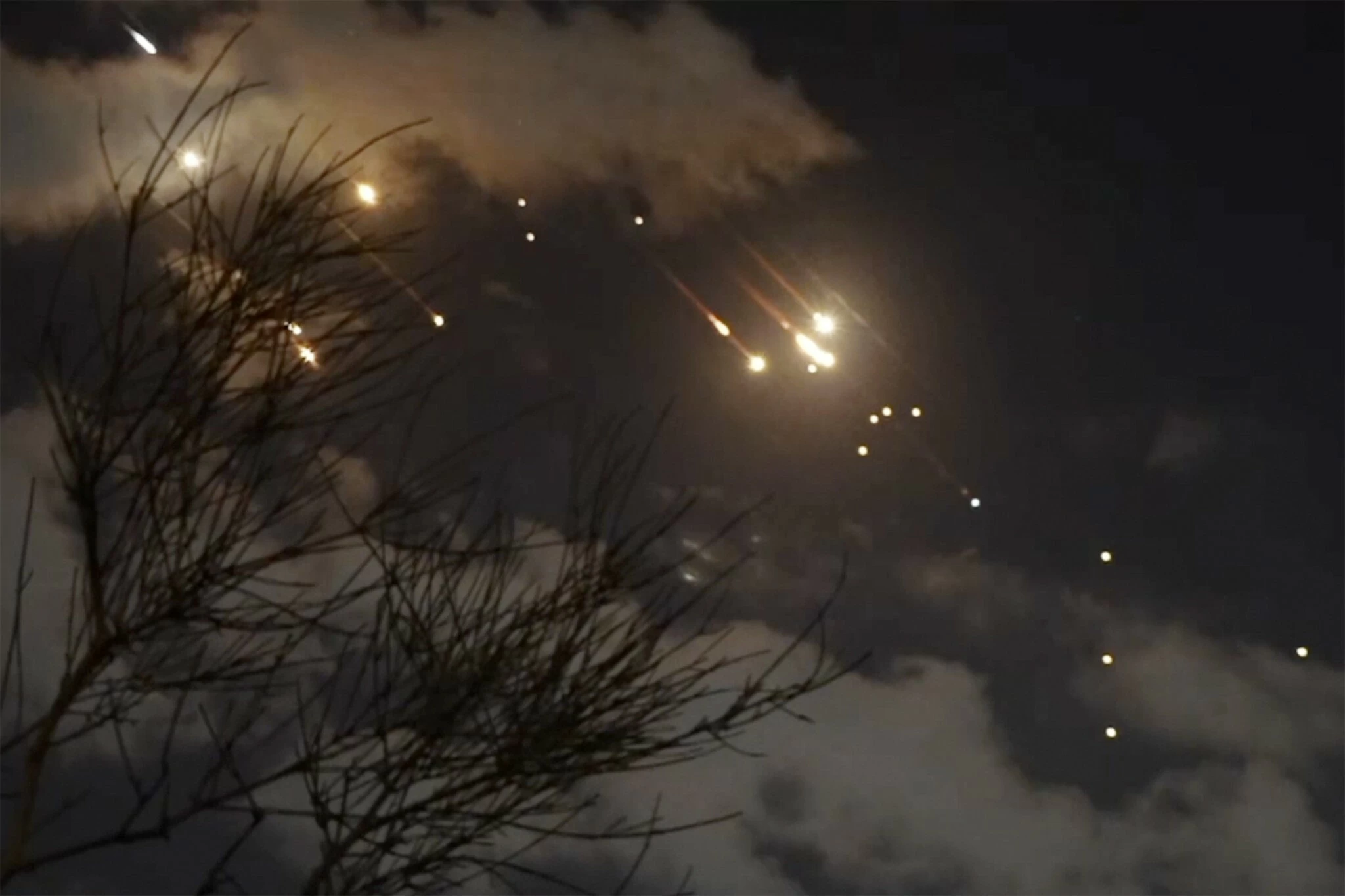 |
| Iran launched about 200 missiles targeting Israel on the evening of October 1. (Source: AP) |
The US NBC television network quoted several unnamed officials in the administration of US President Joe Biden as saying that Israel has "zoned" targets in Iran that could be attacked in response to Tehran's large-scale airstrike on October 1 targeting Washington's ally.
According to the source, the above targets were mainly Iranian military and energy distribution facilities.
Saying that Israeli strategists are still in the process of calculating and have not yet reached a final decision, US officials said that, up to this point, the Middle Eastern ally has not shown any readiness to carry out assassinations or attacks on Iran's nuclear facilities.
Sources admitted that the Israeli side has not specifically informed the US side about the time of the attack, while some newspapers said that Yom Kippur, or Day of Atonement (October 11-12), could be the occasion for Israel to take action, but Israeli military generals have decided to wait for a more favorable time.
Meanwhile, on Iran's side, the Islamic Republic is accelerating diplomatic efforts to cool down the conflict in Lebanon and the Gaza Strip, in order to prevent the risk of Israel launching a retaliatory response targeting its energy infrastructure.
Over the weekend, Iranian President Masoud Pezeshkian sought the support of his French counterpart Emmanuel Macron in a phone call to discuss ways to achieve a ceasefire between Israel and Hezbollah forces in Lebanon.
Mr Pezeshkian called on the French leader to coordinate with other countries in Europe to end actions that Iran said "caused crimes in Lebanon and the Gaza Strip".
For his part, Mr. Macron also called on the Iranian leader to help cool tensions in Lebanon and Gaza, while emphasizing Tehran's role and influence over forces such as Hezbollah and the Hamas Islamist movement.
Meanwhile, Iranian Foreign Minister Abbas Araghchi arrived in Iraq on October 13 to discuss the situation in the Middle East, as part of a series of diplomatic activities by diplomats to countries in the region to ease the situation.
In Iraq, Mr. Araghchi said that Iran is ready for the worst-case scenario and there will be no "red lines" in protecting its people and the country, but affirmed that Tehran wants peace and will continue to make efforts to consult with countries to prevent escalating tensions in the region, towards peace in the Gaza Strip and Lebanon.
Source: https://baoquocte.vn/israel-dang-tinh-toan-ke-hoach-tra-dua-iran-da-chon-cac-muc-tieu-tan-cong-290127.html



![[Photo] Prime Minister Pham Minh Chinh chairs meeting to deploy overcoming consequences of storm No. 10](https://vphoto.vietnam.vn/thumb/1200x675/vietnam/resource/IMAGE/2025/10/3/544f420dcc844463898fcbef46247d16)
![[Photo] Students of Binh Minh Primary School enjoy the full moon festival, receiving the joys of childhood](https://vphoto.vietnam.vn/thumb/1200x675/vietnam/resource/IMAGE/2025/10/3/8cf8abef22fe4471be400a818912cb85)



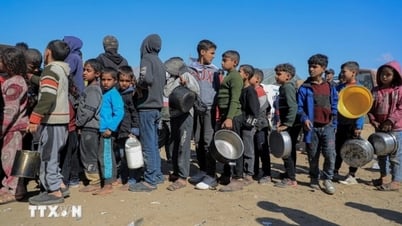
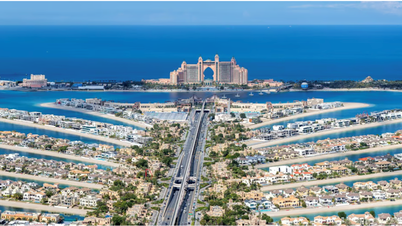





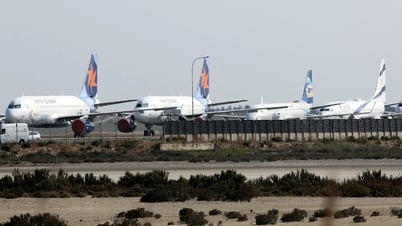





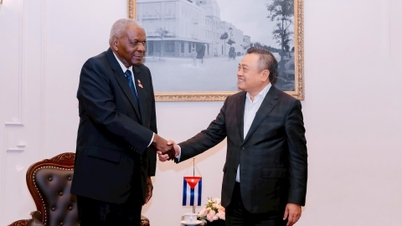
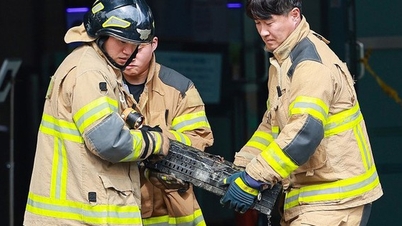

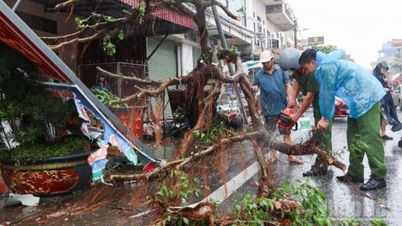









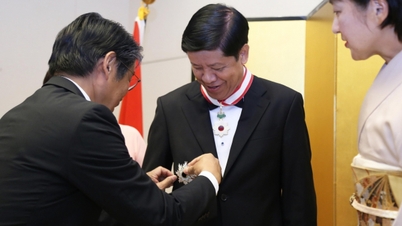


















































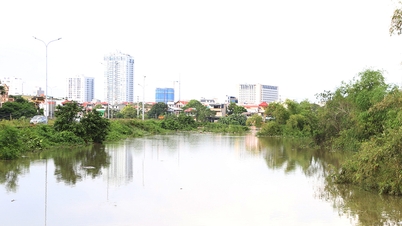




















Comment (0)